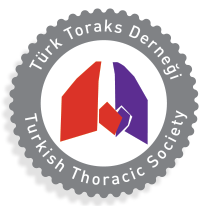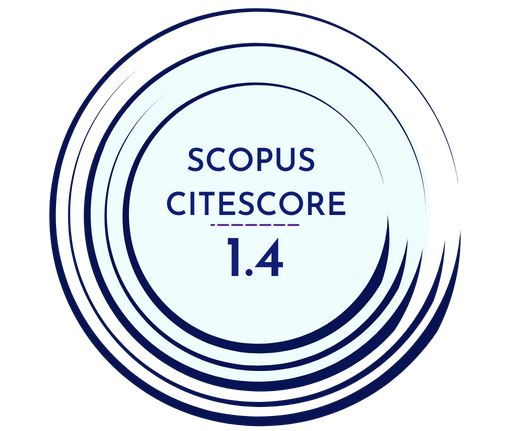The aim of this study is to determine the diagnostic value of soluble intercellular adhesion molecule 1 (sICAM-1) in patients with bronchial carcinoma.In our study, sICAM-1 level in serum was measured in patients with bronchial carcinoma (n= 48, mean age=54.7±1.8), and compared with the levels in the patients with pulmonary tuberculosis (n=42, mean age=39.9±1.9) and the healthy controls (n=20, mean age=40.5±1.3 years). All of the subjects were male. The analysis was performed by enzyme-linked immunosorbent assay (ELISA).The highest serum levels of sICAM-1 were measured in the group of lung cancer (1543.7±86.8 ng/ml) but the difference between lung cancer and tuberculosis groups (1586.2± 147 ng/ml) was notstatistically significant (p<0.13). Control subjects had significantly lower between the levels of sICAM-1 in small-cell lung cancer (1921.2± 151.7 ng/ml) and those in nonsmall-cell lung cancer groups (1372.1 ±92.6 ng/ml) (p<0.002). Among nonsmall cell lung cancer patients, sICAM-1 levels were significantly increased in those with distant metastasis (1827.6± 130.8 ng/ml vs 1144-4±90.2 ng/ml; p<0.0001).We concluded that sICAM-1 is not useful as a diagnostic tool in lung cancer, but high levels of sICAM-1 can be an indicator for distant metastasis in nonsmall-cell lung cancer patients, and can differentiate nonsmall-from small-cell lung cancers.



.png)
